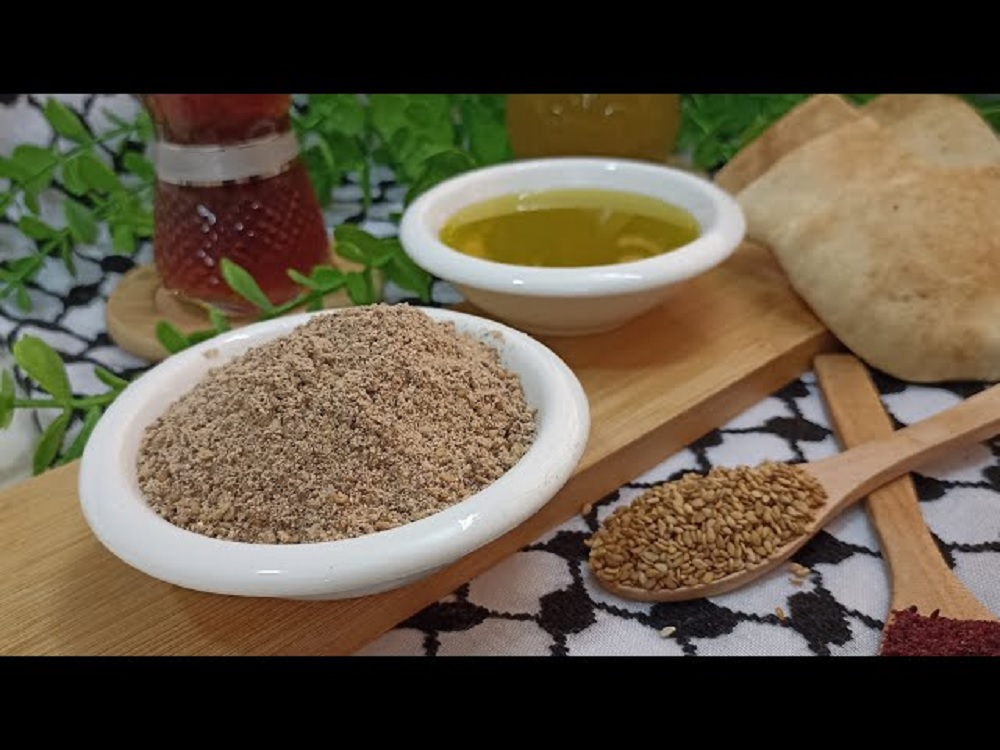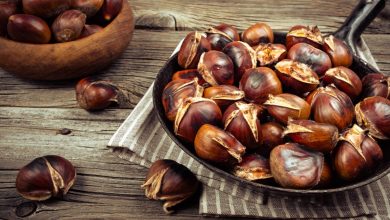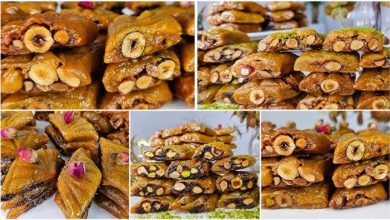Palestinian Dukka: Origin, Cultural Significance, and How It’s Used Across the Arab World
Explore the Rich History and Versatile Culinary Uses of Palestinian Dukka in Traditional Arab Cuisine
Palestinian Dukka — not to be confused with the Egyptian version — is a traditional spice and herb blend that holds a special place in Palestinian and broader Levantine cuisine. Rich in flavor, cultural identity, and simplicity, it has long been a staple in Palestinian kitchens and across Arab communities who share in its taste and symbolism.
What Is Palestinian Dukka?
Palestinian Dukka (Arabic: الدُّقَّة الفلسطينية) is a dry mixture of toasted sesame seeds, crushed sumac, za’atar, salt, and sometimes roasted wheat or chickpeas. It’s different from Egyptian Dukkah, which usually contains nuts and more spice.
This Palestinian version has a tangy, nutty, earthy taste that reflects the sun-drenched landscape of the region. It is often homemade, with each family having their own version passed down through generations.
Historical and Cultural Origins
Dukka has deep roots in Palestinian food culture and rural life. Traditionally, it was prepared by women in villages during harvest seasons, especially olive and wheat harvests. It symbolized simplicity, frugality, and resilience. Because it was non-perishable, it became a reliable staple for farmers, shepherds, and travelers.
It also plays a symbolic role in hospitality — served with olive oil and bread to guests as a gesture of warmth and generosity.

When and How Is It Used?
1. Breakfast Staple:
Dukka is most commonly eaten for breakfast. Arabs, especially Palestinians, dip warm flatbread into olive oil and then into Dukka — a practice known as zayt w duqqa. It’s filling, healthy, and deeply traditional.
2. Travel and Field Food:
In rural areas, Dukka was a favorite among farmers and laborers. It required no refrigeration and could be carried easily, making it a practical and sustaining food while working outdoors.
3. Side Dish or Snack:
Some people keep a small bowl of Dukka on the table alongside pickles, labneh, or cheese. It’s also enjoyed with boiled eggs, fresh vegetables, or yogurt.
4. Modern Fusion:
In recent years, chefs have introduced Dukka into salads, sprinkled on roasted vegetables, and used it as a seasoning for grilled meats or fish — combining tradition with innovation.

Symbol of Identity and Memory
For many in the Palestinian diaspora, Dukka is more than a flavor — it’s a taste of home. Its aroma and texture often evoke powerful memories of family, tradition, and the Palestinian landscape. It is sold in Arab grocery stores worldwide and is also gifted during Ramadan, Eid, and holidays.
Palestinian Dukka is a humble yet powerful expression of Arab heritage. From breakfast tables to modern kitchens, its simplicity continues to nourish both body and spirit. Whether you’re Palestinian or simply curious about Middle Eastern flavors, Dukka offers a delicious window into a rich cultural history that continues to thrive across generations and borders.



